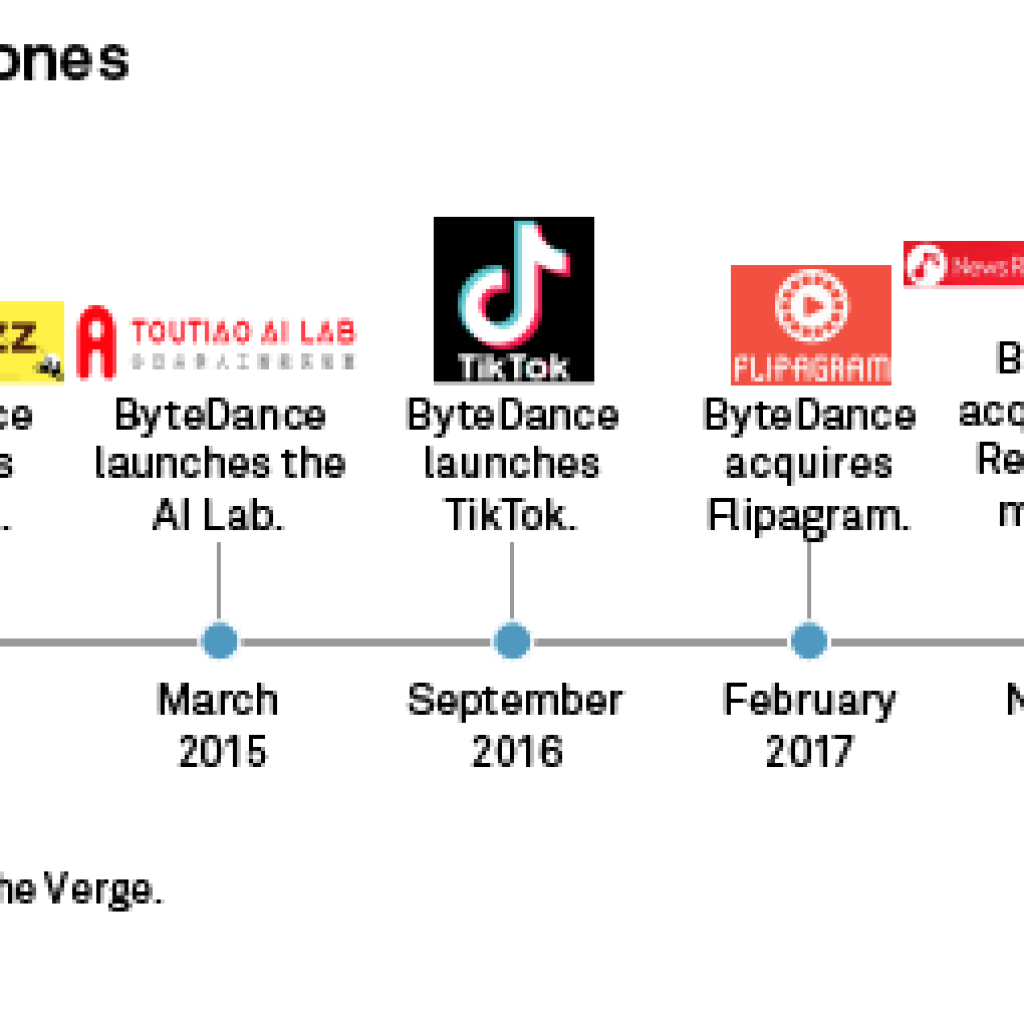The trial of Shin Hyun-Seong, also known as Daniel Shin, a co-founder of Terraform Labs, alongside seven others, commenced in the Seoul Southern District Court in South Korea on October 30. The allegations primarily revolve around defrauding investors and the pivotal question of whether LUNA, Terra’s native token, qualifies as a security. Shin’s departure from Terraform in 2020, reportedly due to business reasons as confirmed by his lawyer during the court proceedings, stands as a crucial element.
Terraform Labs co-founder absolves himself of the platform’s mishap
The Terraform Labs co-founder was previously the CEO of Chai, a payments technology company, which in collaboration with Kwon, formed Terraform in 2019. The defense, as presented by Shin’s lawyer, pointed to the collapse of Terraform attributing it to the Anchor Protocol’s alleged unreasonable operation and external attacks post the split between business partners Shin and Kwon. Notably, the lawyer stressed that Shin was not liable for the events culminating in Terraform’s bankruptcy.
At the heart of the matter is the Anchor Protocol, an algorithm essential for maintaining the value of TerraUSD (UST), a dollar-pegged coin. The accused individuals face multiple charges under various laws, including the Information Act. The prosecution highlighted the exploitation of investors’ limited access to information and understanding as a cornerstone of the alleged fraudulent activities. Central to the legal discourse is the viability of a business utilizing virtual assets as a payment method.
Cryptocurrencies and the complexities of cross-border transactions
The prosecution contended such a model was untenable, while the defense argued the absence of regulations governing the use of virtual assets for payments during Terraform’s inception. Drawing parallels to a case involving the United States Securities and Exchange Commission (SEC) and Ripple, the prosecution cited similarities between the sale of XRP to investors and Terraform’s actions in South Korea, alleging violations of the country’s Capital Markets Act.
In response, the defense asserted that South Korea should not be bound by American law, emphasizing that virtual assets were not classified as financial products or securities by the government since 2017. They further argued against the retroactive application of the Capital Markets Act, contending it couldn’t be invoked after the fact. Additionally, the SEC had filed a lawsuit against Terraform and Kwon for fraud in February.
South Korean authorities had seized 140 billion won, approximately $105 million at the time, from Shin in November 2022, alleging that he knowingly sold LUNA, anticipating its devaluation. The defense vehemently refuted this charge. While Shin stayed in South Korea after Terraform’s collapse in May 2022 and appeared in court in November, Kwon, the other co-founder, is currently in Montenegro, with an outstanding arrest warrant in South Korea. In April, Shin was indicted on fraud charges, while South Korean authorities continue to pursue Kwon, who remains abroad.





